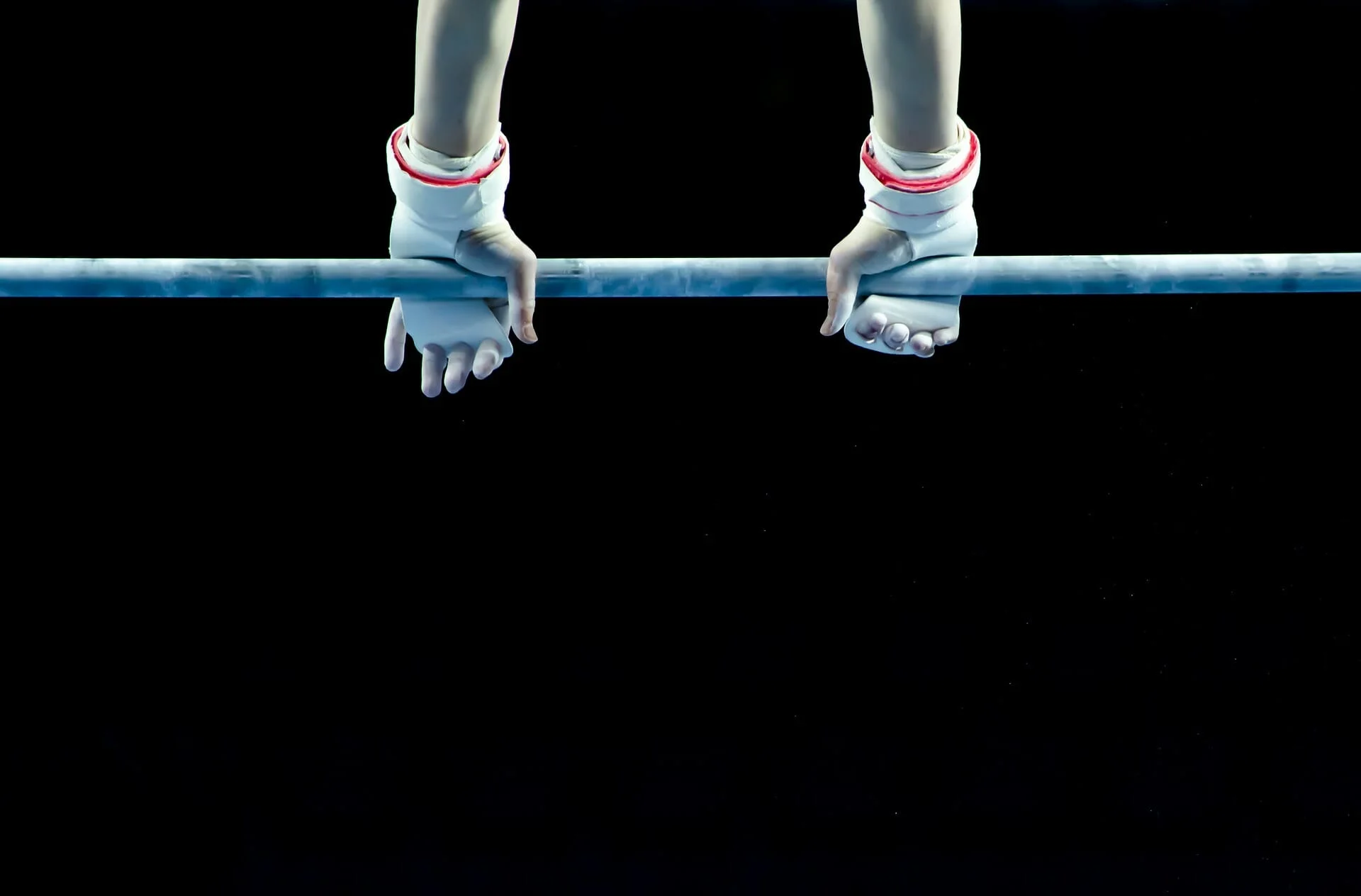
Randagi | A clown's red nose to hope
Format
Length
Original language
Genre
Miloud Oukili is a French-Algerian clown from Paris. In 1992, when he was twenty, he went to Bucarest to spend three months as a volunteer in hospitals. But shortly before leaving, he met a group of boys and girls living on the streets and decided to postpone his departure. After nearly thirty years, he still lives in Bucharest. There he founded Parada, an organization that through circus attracts children and pushes them to leave their life on the streets.
Paola Mordiglia‘s Randagi, published by Androknos in 1998, tells the story of a clown’s red nose and how it gives Romanian children a future. Mordiglia is an Italian writer based in Milan. She worked in several TV shows, among which were Lucarelli’s Blu Notte and Santoro’s Circus. As a journalist, she wrote for L’Infedele by Gad Lerner; she’s the author of both children’s and adult novels and short stories.
An underworld of children
There is a whole underground city under Bucharest, Romania’s capital city. Its streets are the canals branching off the metropolis, warmed by hot water pipes. The underground city is populated by children and teenagers: most of them escaped from orphanages, or from their own homes. Some of them were even born in the streets, from parents who are almost children themselves. They live by their wits: pick-pocketing, stealing food, dealing drugs and selling their bodies. Most of them are drug and alcohol addicted, too.
One day, they met Miloud and allowed him in their home. He was different from social workers and didn’t want to take them back to orphanages; slowly, the children accepted him in their places. Teaching them circus arts, he helped them take their lives back. Randagi tells of the meeting between a red nose and Bucharest’s kids.
A revolutionary smile
When it comes to clowns, most people can not but think about scary stories, such as Stephen King‘s IT. That has nothing to do with Miloud, who probably could connect with those wild children because he was a clown. Thanks to his smile, his kindness, and his juggling equipment, he managed not to scare them.
Narrated in the first person, Randagi alternates Miloud’s point of view with some of the children’s ones. While the first one focuses on the increasing astonishment of the protagonist when he discovers Romania’s history and reality, the latter is a multi-voice narration reflecting children’s different opinions. Younger kids are immediately attracted by this strange guy with a white face and red nose; teenagers seem to be hostile instead. Spending time with them, he discovers their rage hides only a deep fear of adults’ world, due to what they experienced.
Following Mordiglia’s novel, Miloud’s heroic project was narrated in Marco Pontecorvo‘s first movie Pa-ra-da (2008). After more than twenty years, Parada saved hundreds of children who used to live under the streets. They all went back to school and were given a place to stay. Some of them went to university, too, while some others became great circus artists and still go on tour to perform their stories. The story of a young man with a red nose and a revolutionary smile changed their lives.
Tag





